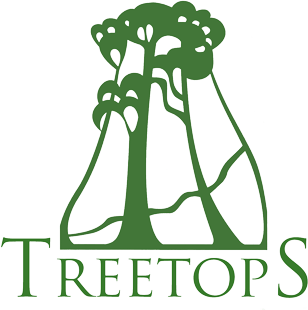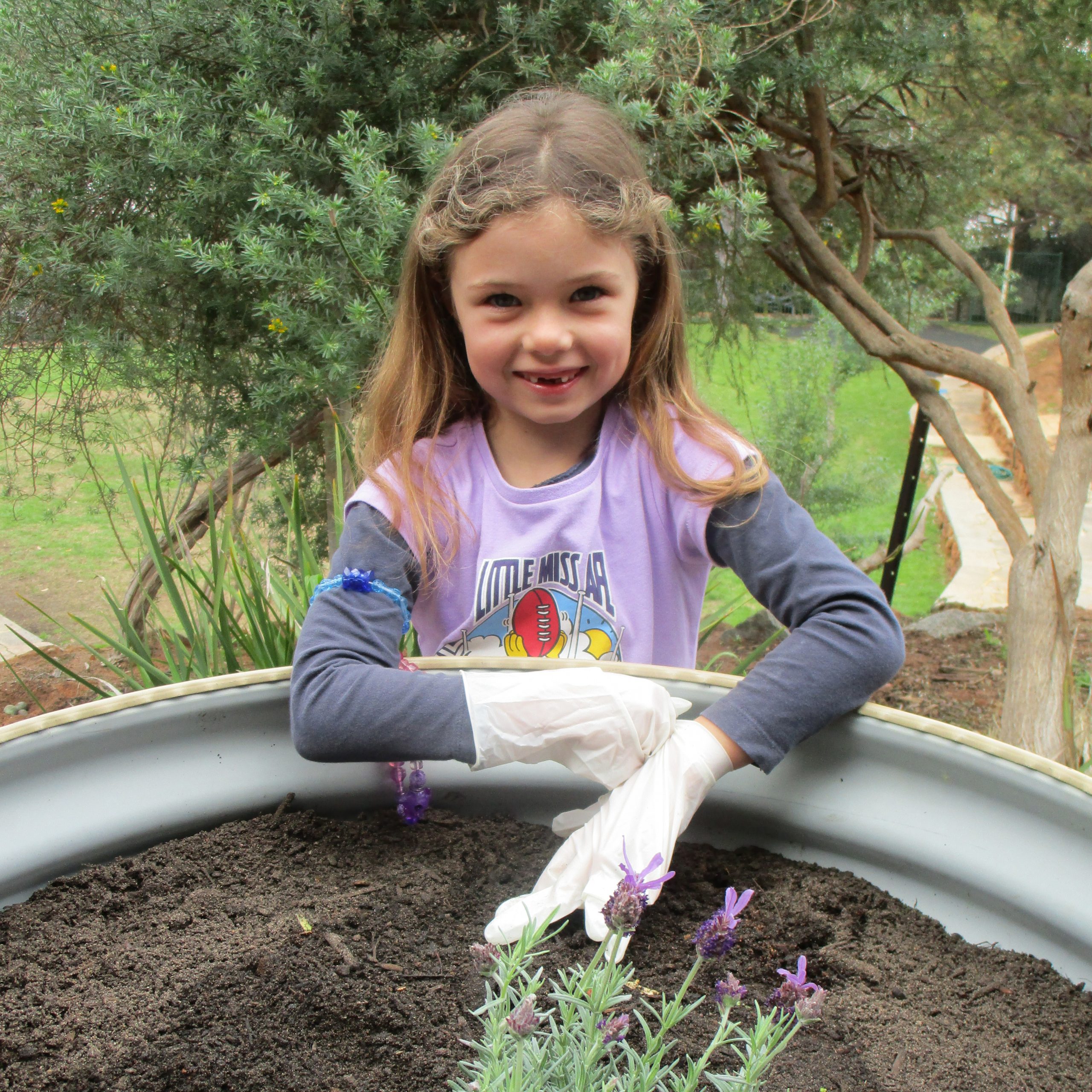Montessori Principles
Montessori is an approach supporting the complete development of the child as they progress from birth to adulthood. It is used in over 22,000 schools worldwide, and has a longer track record of success than any other educational approach in the world.
The Montessori approach to education inspires children towards a life-long love of learning, utilising their natural developmental trajectory. Children become confident, responsible, independent learners, who trust in their own abilities. The inclusivity and positive social development facilitated by Montessori programmes forms the basis for a persistent attachment to learning and knowledge.
Montessori classrooms provide a prepared learning environment where children are able to respond to their natural tendency to work. Children have an innate passion for learning, and Montessori classrooms encourage this. Through their work, children develop concentration and self-discipline. Within a framework of order, children progress at their own pace and rhythm, according to their individual capabilities.
Dr Maria Montessori, a physician, anthropologist and pedagogue, developed her unique method of educating children over a professional career that spanned fifty years. The Montessori approach was developed through intense scientific observation of children from many ethnic, cultural and socio-economic backgrounds from birth to maturity, and is based upon a deep understanding of child development.
The Montessori principles provide a framework for our school culture. The Montessori principles are:
- The innate goodness of children;
- Their natural urge to explore the world and to learn;
- That each child is unique;
- That children grow and develop at different rates;
- To focus on the whole child – physical, emotional, social, intellectual and spiritual;
- That each stage of a child’s education should meet all these needs;
- That education should focus on the whole personality of the child – the faculties of intellect, deliberation, initiative, and independent thinking.
Our teachers partner with parents and their children in learning journeys, an experience beginning in Children’s House and culminating in Year 12 graduation.



